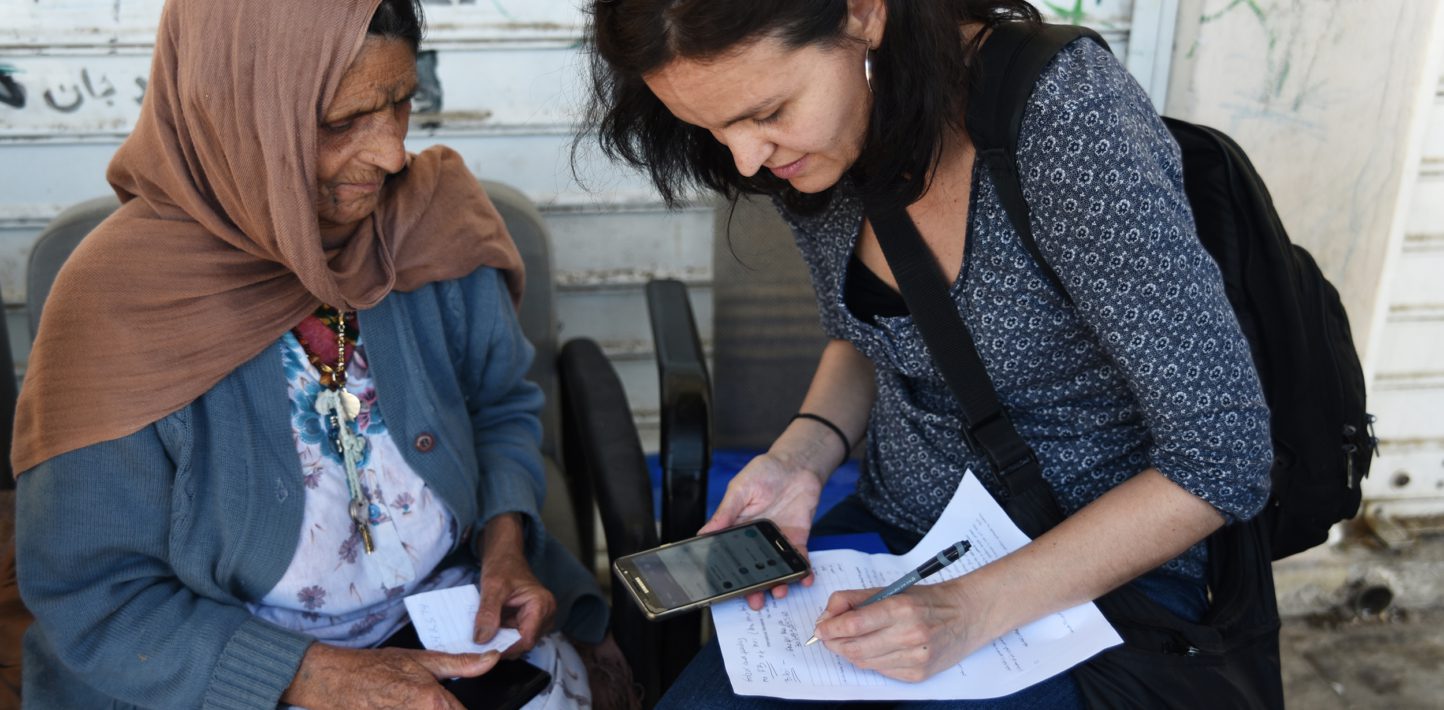Defending the rights of refugee and migrant women in Greece has been a priority for Amnesty during the last two years.
We have long been campaigning for the rights of people fleeing war, conflict and other difficult situations, who come to Europe hoping to find sanctuary. Unfortunately, their dreams are often shattered when they get here.
After visiting a number of refugee camps, both on the Greek islands and on the mainland, it was clear that these women face particular challenges that urgently need to be addressed. We therefore decided to document in detail the experiences of women refugees in Greece.
This work is as much about women’s rights as it is about refugee rights. These women’s rights are being violated on a daily basis, and we need to make sure that their voices are heard and that their words are acted upon.
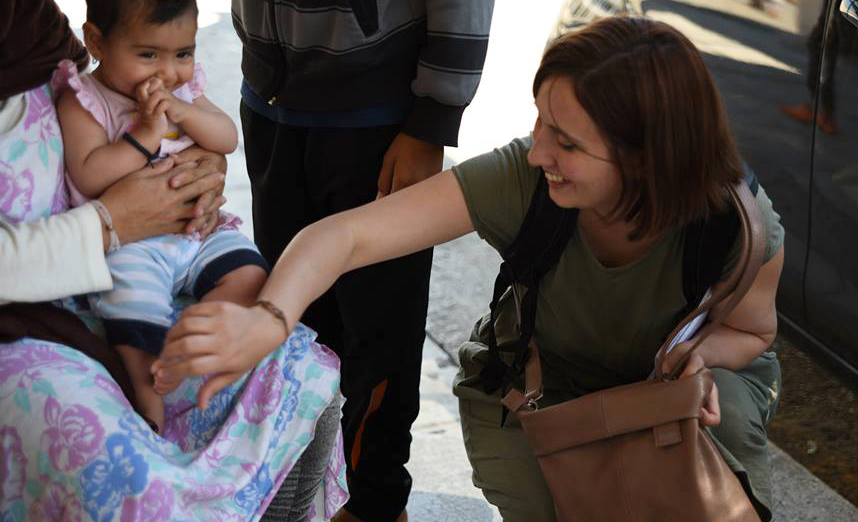
Fieldwork in Greece
The report “I want to decide about my future – uprooted women in Greece speak out” is the result of extensive fieldwork in Greece since March 2017, where we gathered insights and information from more than 100 women and girls who have fled their homelands.
We have met them in camps on Lesvos and Samos, so-called EU hotspots, and we have spoken to women in Athens who had stayed in the hotspot on Chios, a camp we previously visited. We have also had meetings with a number of humanitarian aid organizations (such as UNHCR and IOM), international and national non-governmental organizations and government agencies.
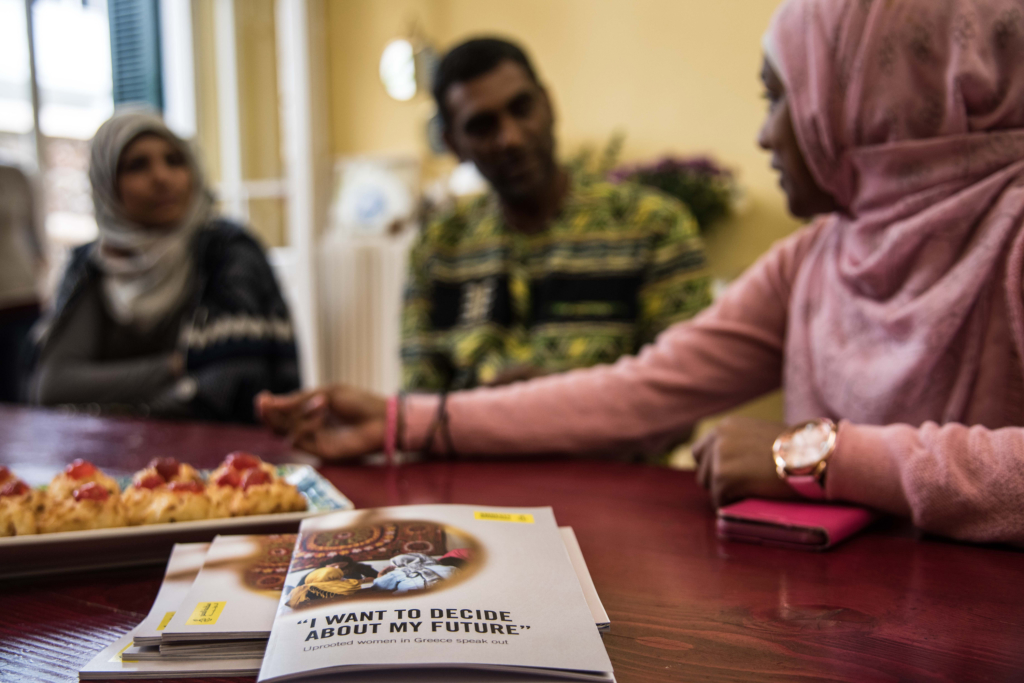
Amnesty’s wider work on refugees
This project on uprooted women in Greece is part of Amnesty’s wider work to uphold the rights of refugees in Europe.
Greece as first point of entry to Europe for many fleeing conflict and violence, has been the site of immense solidarity from ordinary people, but also the laboratory of heartless European migration policies. Since the closure of the Balkans route and the implementation of the EU Turkey deal in March 2016, we have paid attention to the impact these European decisions had on refugees and asylum seekers arriving in Greece, whose large majority have no other choice than remaining in the country.
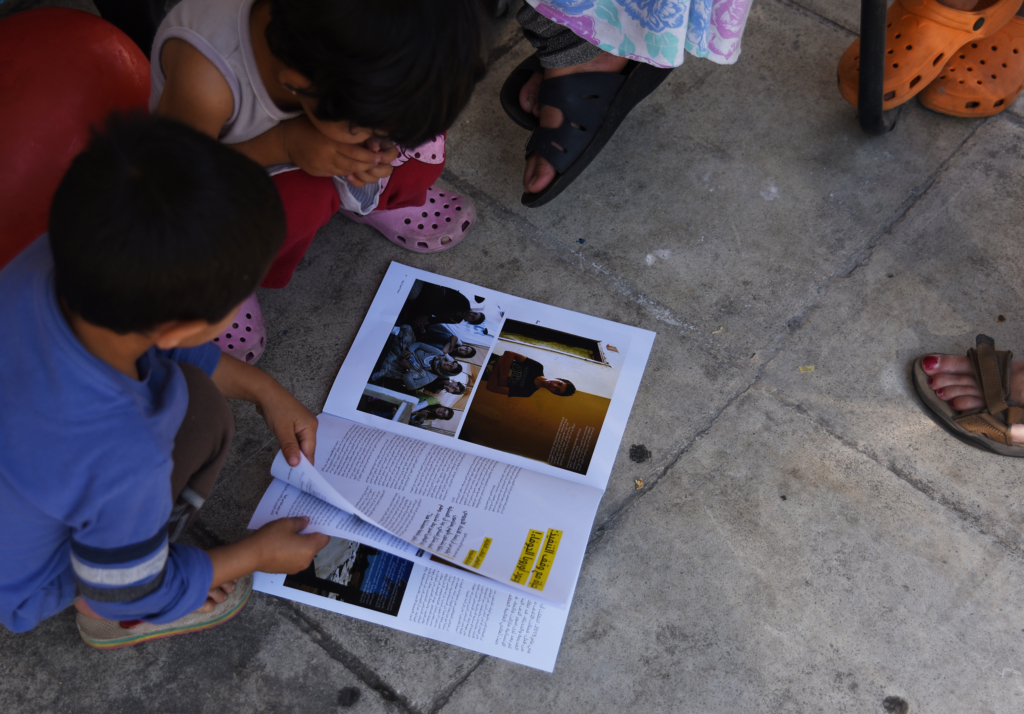
Through our research and campaigning, we have exposed the ordeals they face. We have spoken to many refugees and asylum seekers to document the unbearable living conditions in temporary camps set up to respond to a totally avoidable humanitarian crisis. We denounced the pain experienced by families that are torn apart by cruel migration policies, and their struggles to reunite with their loved ones. We have tried to show how the EU is failing those arriving in Europe in search of safe haven.
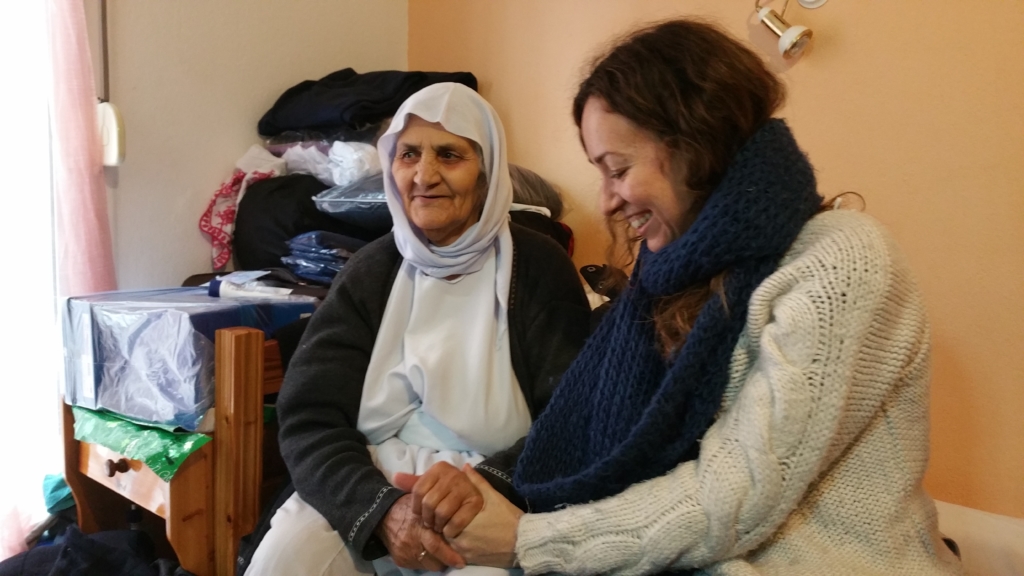
Through solidarity letters, appeals to governments and personal stories we have aimed both to raise awareness and connect people across borders to effect change.
In 2017, thousands of national and international appeals against the intolerable hazardous and unsafe conditions of three camps in Athens led to the closure of the sites following a consultation with the people living there about their needs.
Amnesty’s campaign was supported by powerful testimonies of women who spoke out about their harrowing experiences and had clear demands for change. At the same time we have aimed to highlight and support the heart-warming initiatives around Europe of people welcoming refugees to their countries.
Spearheaded by the case of the 19-year-old Taibeh Abbasi who faces imminent deportation from Norway, Amnesty has also strongly argued that all returns to war-torn Afghanistan must halt immediately.
Ten demands from refugee women
Most of the women we met had gone through horrendous ordeals in order to get to Greece, where they often found themselves under extremely difficult circumstances in camps. Their strength and resilience never ceased to amaze us. Each of them deserves huge thanks for taking the time to share their personal experiences and views with us at Amnesty International.
One thing is clear: These women are not powerless victims. They have certainly suffered, but they have clear ideas about what they want and need. They are also not afraid to demand what they need if given the opportunity.
Several of the women we spoke to received invaluable support at women-only centres, both in the islands and in Athens. During our visits there, we learned a lot from the women attending language classes and other services at these centres, and we saw first-hand how empowering such initiatives can be.
These women have crucial things to say about their often dire living situations – and what needs to be done in order for them to start rebuilding their lives.
It is vital that those in power take into account what refugee women and girls have to say.
We hope that this work will contribute to their fight to improve the situation for themselves and for others.



